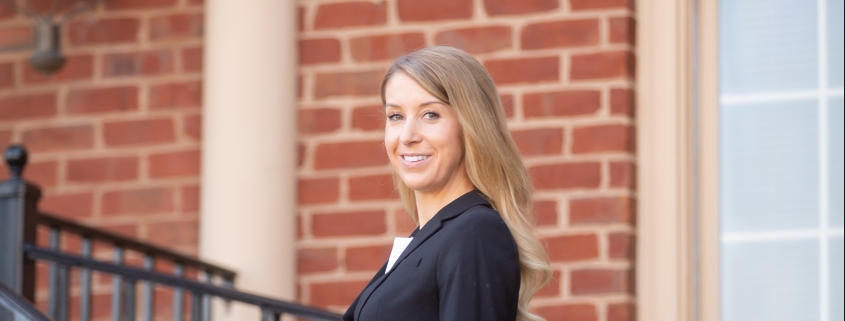Psychiatric Malpractice/Suicide Case Settled for $1,000,000
In the spring of 2020, a 46-year-old man with a history of well-controlled anxiety and depression began to experience an increase in his anxiety due to COVID-19 pandemic-related job and financial fears. His mental health declined over the course of a month, with his passive suicidal ideations progressing to suicidal gestures and attempts, including an attempt to jump out of a moving vehicle, an attempt to throw himself into oncoming traffic, and putting a gun to his head. After expressing to his wife that he would shoot himself if he returned home, the man was admitted to a local hospital’s inpatient psychiatric unit. He made minimal improvements over the first four days of treatment, but continued to experience significant fluctuations in his anxiety levels and mood. On the fifth day of his hospitalization, the psychiatric nurse practitioner overseeing his care charted that while the man expressed a desire to return home, his anxiety was not under control and based on his condition, he could not be safely discharged. That night, a nurse charted further decline in his condition. Despite this, the next morning, the decision was made to discharge the man home. Less than 48 hours after returning home, the man committed suicide by shooting himself in the head.
The man left behind his wife of 20 years and two teenage daughters. Prior to his death, he worked as a high-level software engineer for a Department of Defense contractor and was the beloved head coach of a local baseball team.
Plaintiff alleged that the decision to discharge the man was based on the exhaustion of preapproved insurance funds, rather than clinical readiness for discharge. Defendants alleged that the man’s anxiety and suicidality stabilized during his inpatient treatment, that he appeared markedly improved the morning of discharge, and that the hospital could not hold him against his will if he wanted to return home.
Wrongful death cases involving suicide present unique challenges. One such challenge is the “illegality bar.” Plaintiffs in civil cases in the Commonwealth are barred from recovery where the case involves the voluntary commission of an illegal act by the plaintiff or their decedent. Because suicide is still a common-law crime in Virginia, plaintiffs in these cases must prove that the decedent did not voluntarily and knowingly kill him or herself, but rather was stricken with an irresistible impulse to do so because of a serious mental health condition.
The parties settled for $1,000,000.00 prior to trial. The Plaintiff was represented by Alexandra Humphreys, Esq. and Charles “Frank” Hilton, Esq. of Wharton Aldhizer & Weaver, PLC in Harrisonburg, Virginia.



